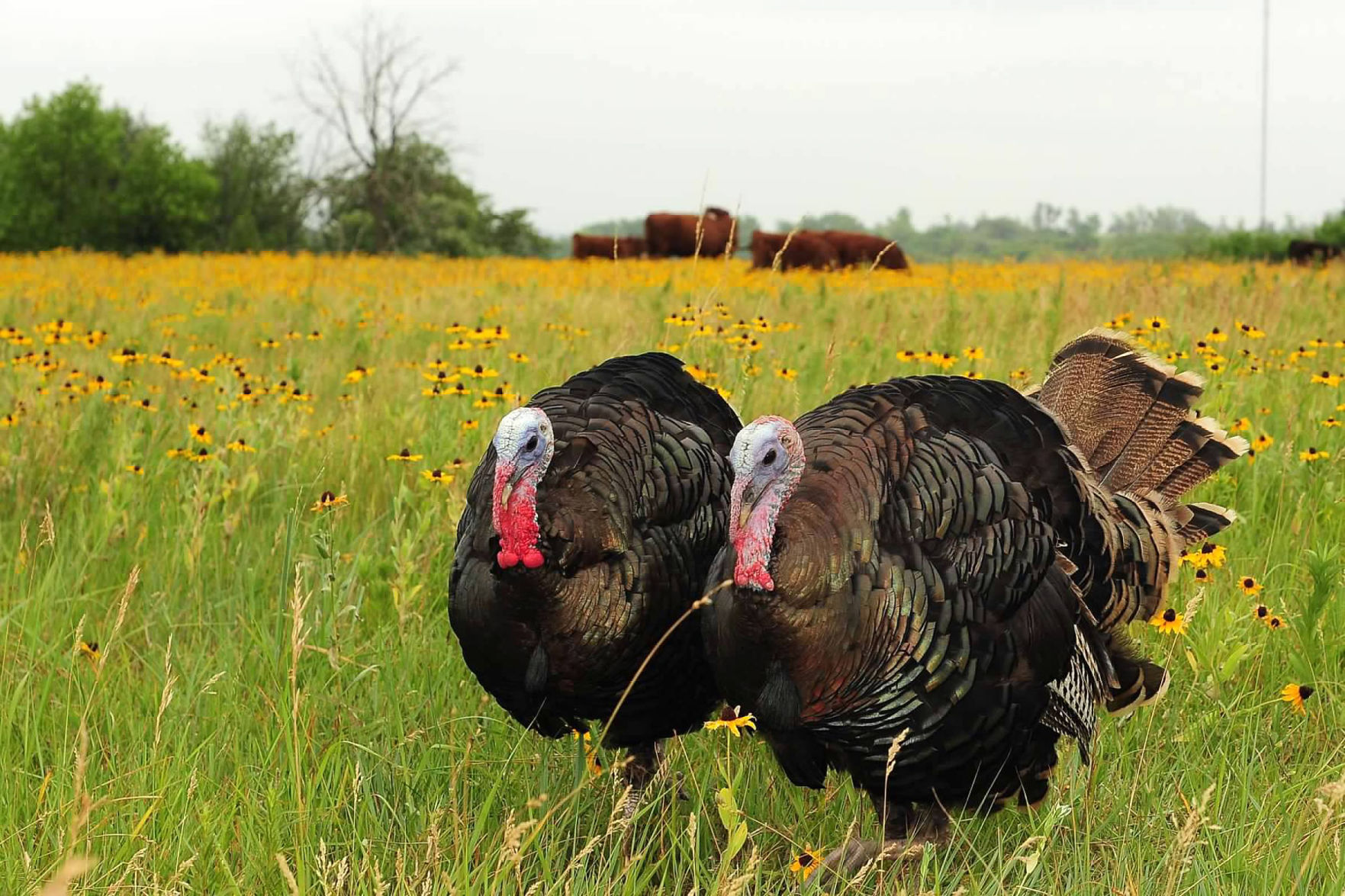USDA officials race to combat bird flu outbreaks

Officials of the United States Department of Agriculture are racing to contain a fast-moving strain of highly pathogenic avian influenza or avian bird flu that has popped up in domestic birds in Indiana, Virginia, Kentucky, New York, and now Maine. They believe the flu is being spread by flocks of wild birds, which show no ill effects from the virus but can spread it to domestic flocks.
Shortly after 29,000 turkeys were destroyed at a commercial turkey farm when the bird flu was detected among them, it showed up in a flock of commercial broiler chickens in Fulton County, Kentucky, and a backyard flock of mixed species birds in Fauquier County, Virginia.
According to a Feb. 19 USDA report, the latest detection of avian bird flu occurred in a flock in Knox County, Maine. The Animal and Plant Health Inspection Service said it is working closely with state animal health officials on joint incident responses. State officials quarantine the affected premises, and birds on the properties will be depopulated to prevent the spread of the disease. Birds from the flock will not enter the food system.
Samples from two Kentucky flocks were tested at the Breathitt Veterinary Center Laboratory and samples from the affected Virginia flock were tested at the Virginia Department of Agriculture and Consumer Services Harrisonburg Regional Animal Health Laboratory, both part of the National Animal Health Laboratory Network. The Breathitt Veterinary Center Laboratory also obtained a non-negative avian influenza test result on the samples from a Webster County turkey flock, and NVSL confirmation is pending.
The U.S. Centers for Disease Control and Prevention said avian influenza does not present a human health concern. No human cases of these avian influenza viruses have been detected in the U.S. The USDA reminded consumers to cook poultry and eggs to an internal temperature of 165 degrees to kill bacteria and viruses.
As part of existing avian influenza response plans, federal and state partners are working jointly on additional surveillance and testing in areas around the affected flocks. The U.S. has the strongest AI surveillance program in the world, and USDA is working with its partners to actively look for the disease in commercial poultry operations, live bird markets and in migratory wild bird populations.
The USDA said anyone involved with poultry production from the small backyard to the large commercial producer should review their biosecurity activities to assure the health of their birds. APHIS has materials about biosecurity, including videos, checklists, and a toolkit available at https://www.aphis.usda.gov/aphis/ourfocus/animalhealth/animal-disease-information/avian/defend-the-flock-program/dtf-resources/dtf-resources.
USDA will report their findings to the World Organization for Animal Health as well as international trading partners. USDA also continues to communicate with trading partners to encourage adherence to OIE standards and minimize trade impacts.
APHIS said it will continue to announce the first case of HPAI in commercial and backyard flocks detected in a state but will not announce subsequent detections. All cases in commercial and backyard flocks will be listed on the APHIS website at https://www.aphis.usda.gov/aphis/ourfocus/animalhealth/animal-disease-information/avian/avian-influenza/2022-hpai.
In addition to practicing good biosecurity, all bird owners should prevent contact between their birds and wild birds and report sick birds or unusual bird deaths to state and federal officials, either through their state veterinarian or through APHIS’ toll-free number at 1-866-536-7593.
APHIS urges producers to consider bringing birds indoors when possible to further prevent exposures. The Animal Health Protection Act authorizes APHIS to provide indemnity payments to producers for birds and eggs that must be depopulated during a disease response. APHIS also provides compensation for disposal activities and virus elimination activities. Additional information on biosecurity for backyard flocks can be found at http://healthybirds.aphis.usda.gov.
David Murray can be reached at [email protected].



